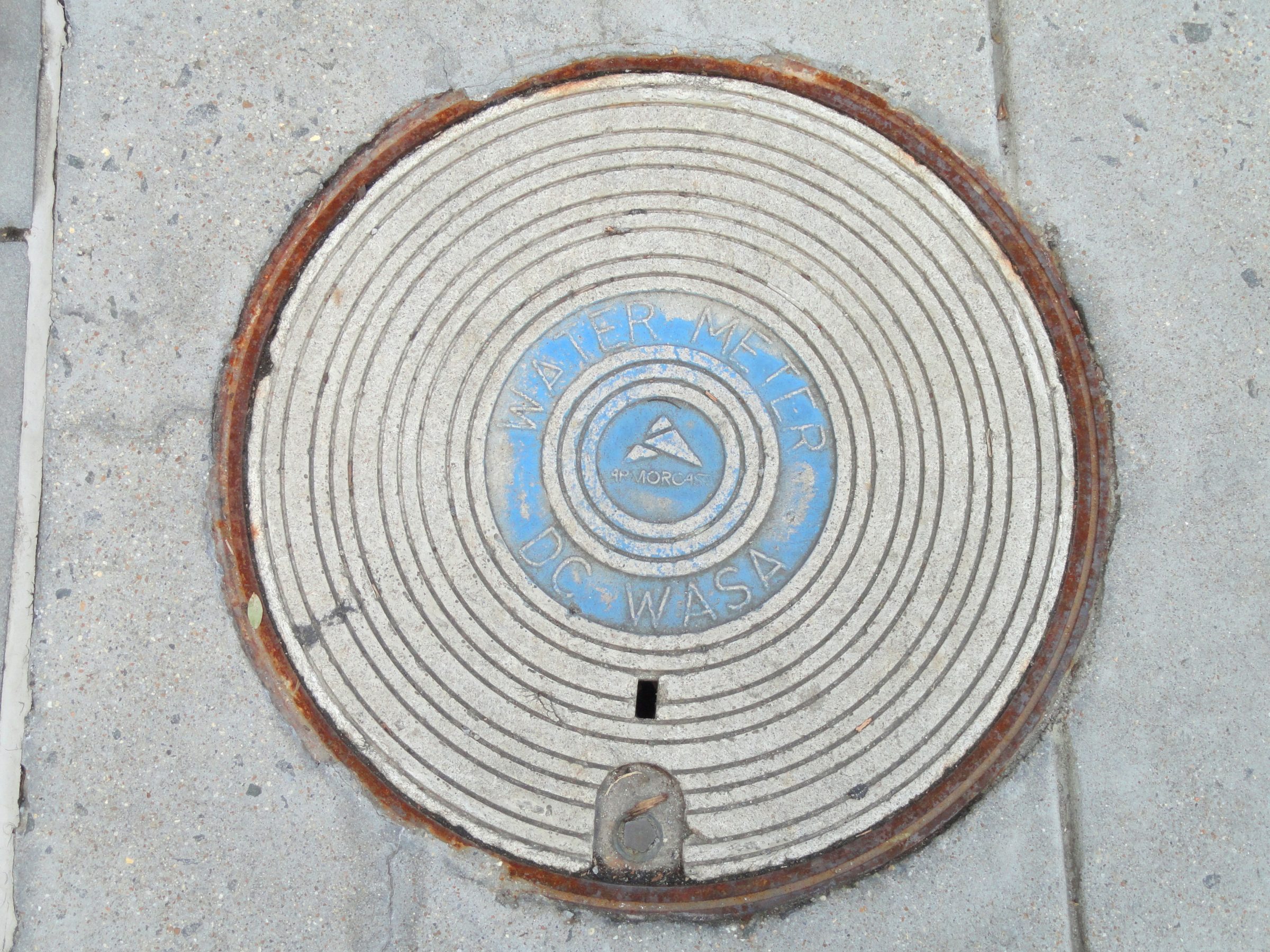Student residents of at least two university-owned properties on Prospect Street were informed last week that their water has been moving through lead pipes. While the pipes are being replaced, tap water for these properties will contain a higher lead content, making it completely nonpotable. The Georgetown Office of Planning and Facilities Management and the D.C. Water and Sewer Authority (DC Water) have both responded to accommodate affected households.
According to John Lisle, Chief of External Affairs for DC Water, the agency had been replacing water mains in the area and investigating service lines for lead piping. They identified two properties with lead service lines.
Griffin Keane (MSB ’16), a resident of one of the Prospect Street properties, received visits from representatives of both the agency and Georgetown Facilities to explain the situation. Because the process of replacing the pipes will lead to disturbance and a higher lead content, the water is now unsafe to drink or consume.
According to DC Water’s website, “Lead can cause damage to the brain and kidneys, and can interfere with the production of red blood cells that carry oxygen to all parts of your body.” Pregnant women and children under six have the greatest risk of lead exposure.
Keane was told that he and his housemates cannot drink or cook with the water and must be careful not to consume any while showering. DC Water instructed the residents to run all faucets for fifteen minutes every morning before showering.
The agency is providing the properties with a six-month supply of certified filters, which Keane described as “a Brita on steroids,” to remove the lead content.
Facilities also responded to the issue in the university-owned houses. The Office provided a cooler with eight gallons of water, as well as offered to pay for any bottled water purchases by the household.
A third-party vendor is set to test the tap in his home this coming week, Keane said.
According to Lisle, water quality sampling will continue for 3 months. The agency is in contact with the university to discuss possibly replacing service lines on private property as well.
“Like many older cities, D.C. has many lead service lines still in operation. We make every effort to minimize the exposure caused by water system maintenance,” he wrote in an email to the Voice. “At the same time, the most recent compliance monitoring results show lead levels are at historically low concentrations in the District, well below the [Environmental Protection Agency’s] action level.”
Free lead test kits are available on request from DC Water by calling 202-354-3600. Those with concerns about their water can contact the Drinking Water Division of the Agency.
The Office of Planning and Facilities Management could not be reached for comment.





